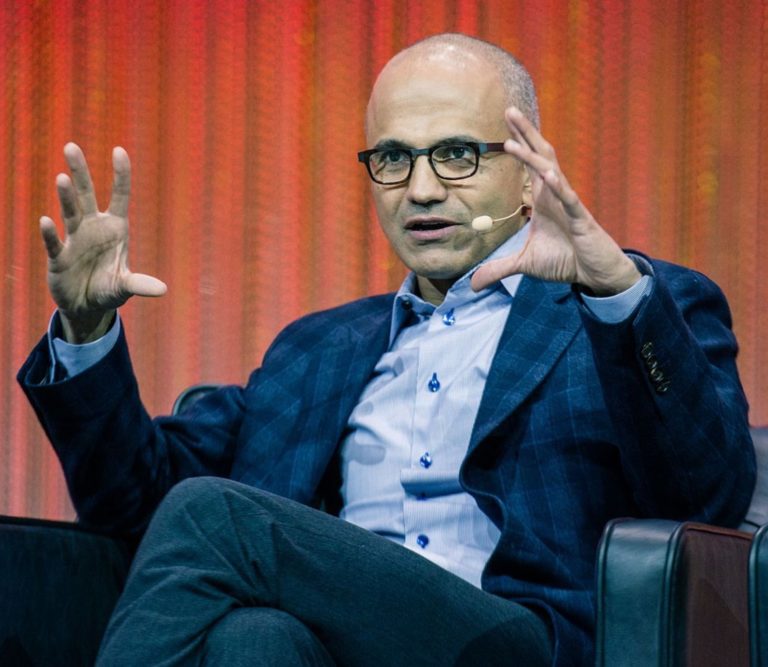
Microsoft has introduced a suite of new AI-driven healthcare tools aimed at streamlining administration tasks and advancing healthcare operations.
These tools include a collection of medical imaging models, a healthcare agent service, and an automated documentation solution designed to reduce the administrative burden on health workers. According to a report from the office of the Surgeon General, Nurses spend as much as 41% of their time on documentation, which contributes to a major cause of industry burnout.
Through new healthcare AI models in Azure AI Studio, capabilities for healthcare data solutions in Microsoft Fabric, the healthcare agent service in Copilot Studio, and an AI-driven nursing workflow solution, Microsoft Cloud for Healthcare is supporting healthcare organizations on every step of their journey toward shaping a healthier future.
Register for Tekedia Mini-MBA edition 19 (Feb 9 – May 2, 2026): big discounts for early bird.
Tekedia AI in Business Masterclass opens registrations.
Join Tekedia Capital Syndicate and co-invest in great global startups.
Register for Tekedia AI Lab: From Technical Design to Deployment (next edition begins Jan 24 2026).
“By integrating Al into health care, our goal is to reduce the strain on medical staff, foster collective health team collaboration, and enhance the overall efficiency of healthcare systems across the country,” said Mary Varghese Presti, vice president of portfolio evolution and incubation at Microsoft Health and Life Sciences.
Also speaking on the rollout of Microsoft healthcare tool, Joe Petro, corporate vice president, Healthcare and Life Sciences Solutions and Platforms at Microsoft said,
“We are at an inflection point where AI breakthroughs are fundamentally changing the way we work and live. Across the broader healthcare and life sciences industry, these advancements are dramatically enhancing patient care and also rekindling the joy of practicing medicine for clinicians. Microsoft’s AI-powered solutions are helping lead these efforts by streamlining workflows, improving data integration, and utilizing AI to deliver better outcomes for healthcare professionals, researchers and scientists, payors, providers, medtech developers, and ultimately the patients they all serve.”
Healthcare organizations face numerous challenges, including workforce shortages, rising costs and increasing patient care demands. Generative AI offers a potential solution to these challenges by automating administrative tasks, analyzing vast amounts of data for actionable insights and assisting healthcare professionals in decision-making.
Microsoft’s AI tools, currently in early development are designed to help healthcare organizations develop Al applications more efficiently. The collection of open-source multimodal Al models can process various types of medical data, such as images, clinical records, and genomic data. This capability allows health-care organizations to build and fine-tune their own applications. For example, a new whole-slide Al model developed in collaboration with Providence Health & Services enhances mutation prediction and cancer subtyping-a breakthrough in digital pathology.
Additionally, Microsoft introduced Al agents through its Copilot Studio, which can automate processes, answer health-related questions, and provide clinical insights, complete with references to supporting evidence. These tools are already being tested by health-care organizations and are expected to improve both patient care and clinician efficiency.
These AI innovations aimed at transforming healthcare operations are positioning Microsoft as a leader in the healthcare industry. These innovations are setting the stage for future advancements in healthcare technology. By partnering with prominent healthcare systems like Providence Health & Services, the tech giant is demonstrating the real-world impact of its Al tools. These collaborations not only enhance the capabilities of healthcare providers but also validate Microsoft’s solutions as practical, scalable innovations.
By making these tools available for preview and testing, and by integrating safeguards such as Al-generated response tracking and evidence sourcing, Microsoft ensures that its solutions are adaptable and future-proof. Notably, in the company’s provision of solutions for real problems such as clinician burnout and improving diagnostics, it is not only gaining leadership but also shaping the future of healthcare technology.



